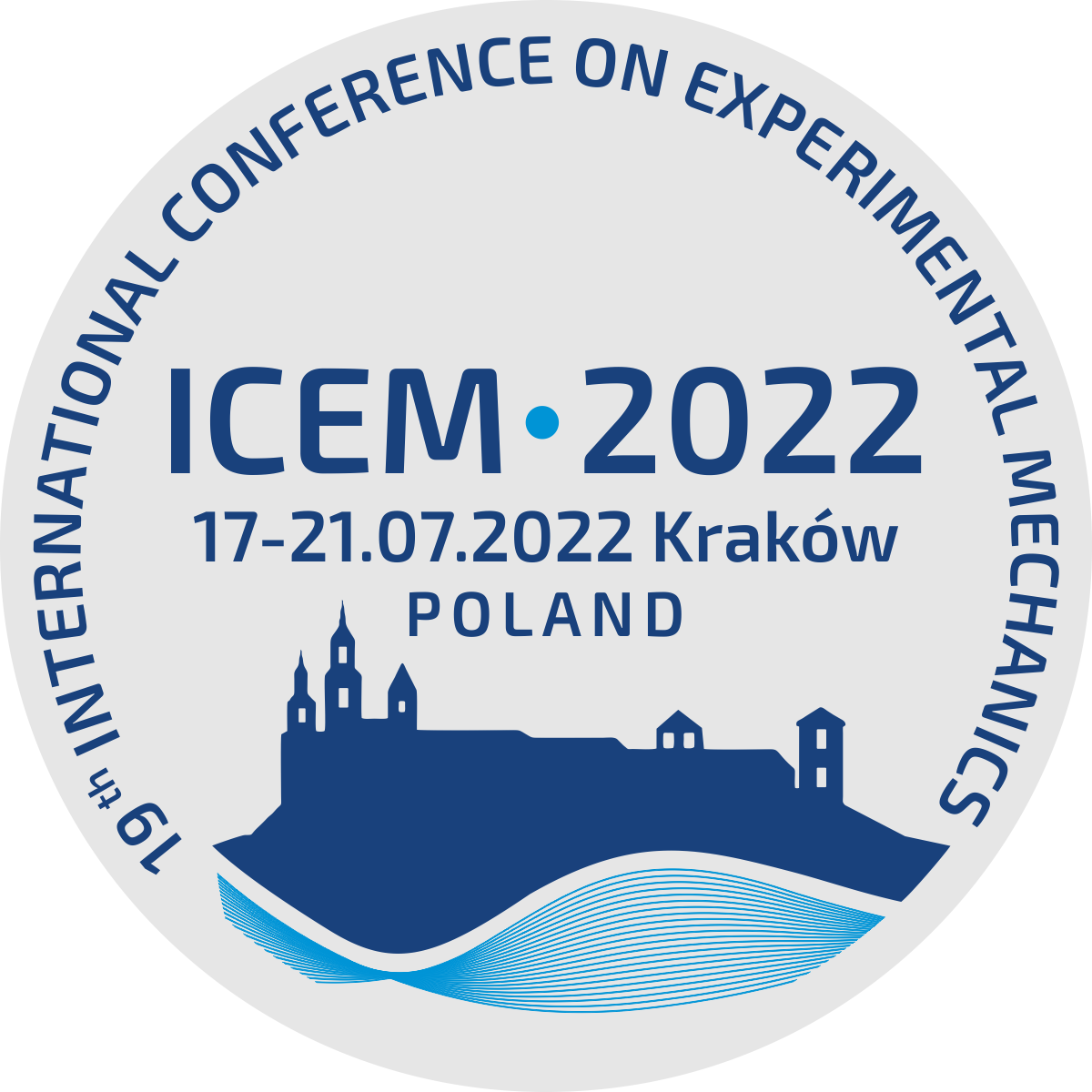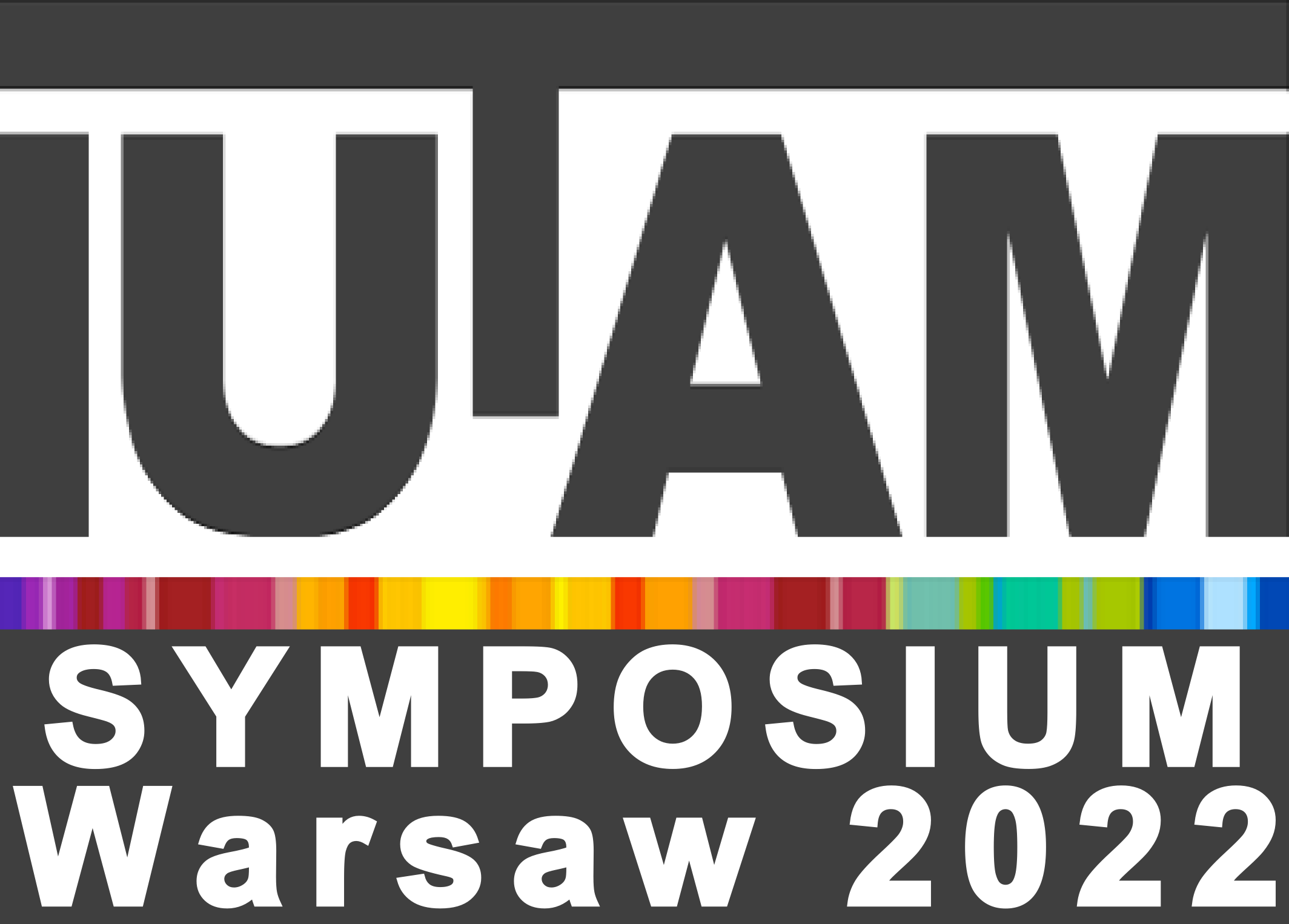| 1. |
Zgłobicka I.♦, Dobkowska A.♦, Zielińska A.♦, Borucińska E.♦, Kruszewski M.♦, Zybała R.♦, Płociński T.♦, Idaszek J.♦, Jaroszewicz J.♦, Paradowski K.♦, Adamczyk-Cieślak B.♦, Nikiforow K.♦, Bucholc B., Święszkowski W.♦, Kurzydłowski K.♦, In-depth analysis of the influence of bio-silica filler ( Didymosphenia geminata frustules) on the properties of Mg matrix composites,
Journal of Magnesium and Alloys, ISSN: 2213-9567, DOI: 10.1016/j.jma.2023.08.001, Vol.11, pp.2853-2871, 2023 Abstract:
A novel metal matrix composites (MMC) with Mg matrix reinforced with natural filler in the form of Didymosphenia geminata frustules (algae with distinctive siliceous shells) are presented in this work. Pulse plasma sintering (PPS) was used to manufacture Mg-based composites with 1, 5 and 10 vol.% ceramic filler. As a reference, pure Mg was sintered. The results show that the addition of 1 vol.% Didymosphenia geminata frustules to the Mg matrix increases its corrosion resistance by supporting passivation reactions, and do not affect the morphology of L929 fibroblasts. Addition of 5 vol.% the filler does not cause cytotoxic effects, but it supports microgalvanic reactions leading to the greater corrosion rate. Higher content than 5 vol.% the filler causes significant microgalvanic corrosion, as well as increases cytotoxicity due to the greater micro-galvanic effect of the composites containing 10 and 15 vol.% diatoms. The results of contact angle measurements show the hydrophilic character of the investigated materials, with slightly increase in numerical values with addition of amount of ceramic reinforcement. The addition of Didymosphenia geminata frustules causes changes in a thermo-elastic properties such as mean apparent value of coefficient of thermal expansion (CTE) and thermal conductivity (λ). The addition of siliceous reinforcement resulted in a linear decrease of CTE and reduction in thermal conductivity over the entire temperature range. With the increasing addition of Didymosphenia geminata frustules, an increase in strength with a decrease in compressive strain is observed. In all composites an increase in microhardness was attained.
The results clearly indicate that filler in the form of Didymosphenia geminata frustules may significantly change the most important properties of pure Mg, indicating its wide potential in the application of Mg-based composites with a special focus on biomedical use. Keywords:
Metal-matrix composites (MMCs),Pulse plasma sintering (PPS),Ceramic filler,Microstructure,Properties Affiliations:
| Zgłobicka I. | - | other affiliation | | Dobkowska A. | - | other affiliation | | Zielińska A. | - | other affiliation | | Borucińska E. | - | other affiliation | | Kruszewski M. | - | other affiliation | | Zybała R. | - | Warsaw University of Technology (PL) | | Płociński T. | - | Warsaw University of Technology (PL) | | Idaszek J. | - | other affiliation | | Jaroszewicz J. | - | other affiliation | | Paradowski K. | - | other affiliation | | Adamczyk-Cieślak B. | - | other affiliation | | Nikiforow K. | - | other affiliation | | Bucholc B. | - | IPPT PAN | | Święszkowski W. | - | other affiliation | | Kurzydłowski K. | - | other affiliation |
|  |



















